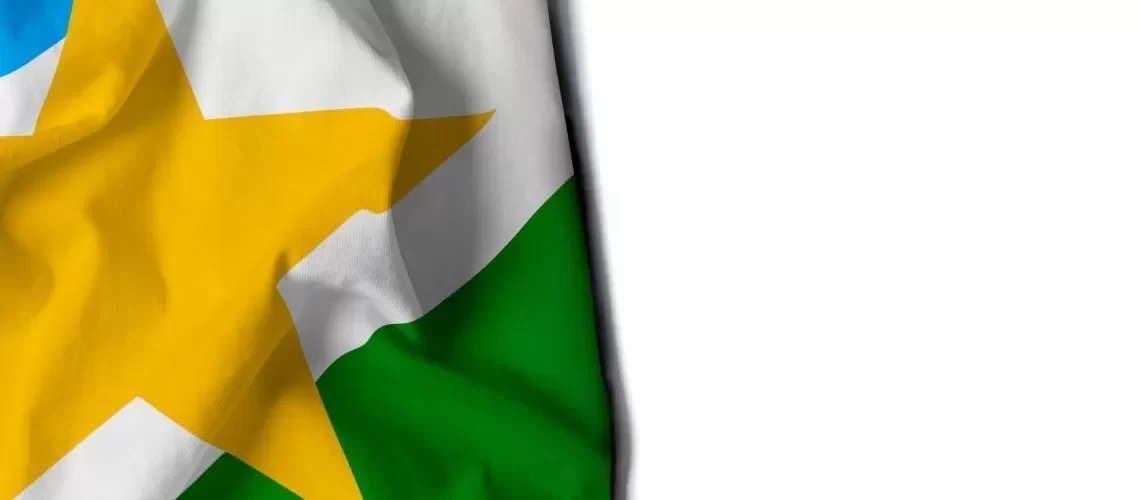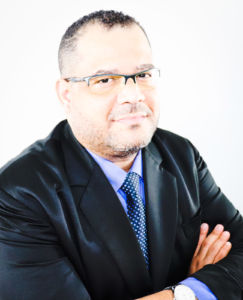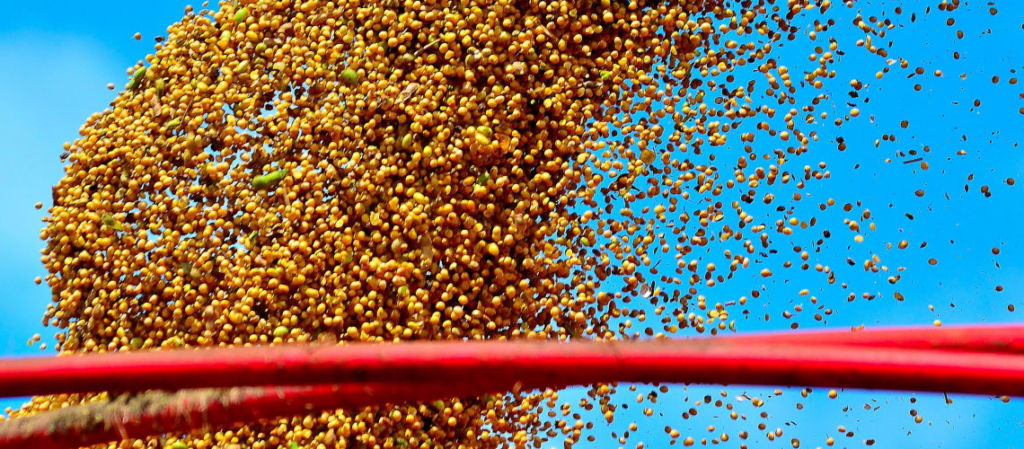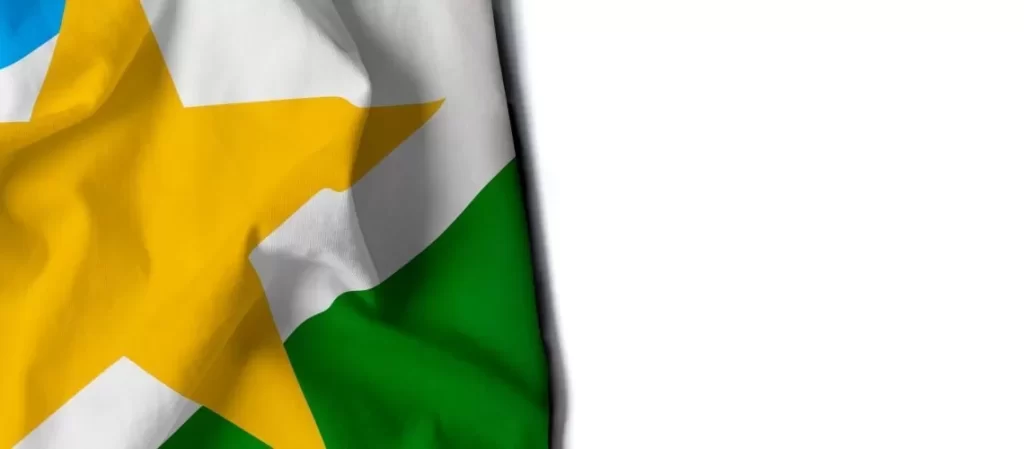The free trade areas established in the national territory are based on the Brazilian Federal Constitution of 1988, in which the guarantee of national development and the reduction of social and regional inequalities between the federal entities are established as fundamental objectives of the republic.
In this step, in 1991, together with the municipalities of Boa Vista and Bonfim, in the state of Roraima, import and export free trade areas were established under a special tax regime in order to promote the development of their border regions shared with their neighbors, Venezuela and Guyana, increasing their respective bilateral relations within the framework of a Latin American integration policy ”[1].
As a treaty, national, nationalized or foreign goods sent to the incentive areas will be compulsorily destined to companies previously authorized to operate in these geographic spaces by the Manaus Free Trade Zone Superintendence – SUFRAMA.
Therefore, the entry of waved goods will be made with the suspension of federal taxes such as the Import Tax (II) and the Tax on Industrialized Products (IPI), converted into exemption when destined for storage for export, consumption and domestic sale. , processing, in their territories, of mineral, forestry, agricultural and fish farming resources or installation and operation of tourism and services of any nature.
Likewise, the rates for the Contribution to PIS / PASEP and the Contribution for the Financing of Social Security (COFINS) levied on revenue from sales of goods for consumption or industrialization are reduced to 0% (zero percent).
At the same time, the State of Roraima associated with the collegiate body of the National Council for Farm Policy – CONFAZ complements the commented incentives by granting exemptions from the Tax on Circulation of Goods and Services (ICMS) in the face of interstate sales destined to the municipalities of Boa Vista and Bonfim, ensuring the utilization of the respective credit assumed with subsequent operations, in the size of the tax waived [4].
Still, in the operations of entry of foreign goods, only an ICMS rate of 12% (twelve percent) is applied and, however, a presumed credit of 8% (eight percent) is conceived which, for turn will result in an import tax burden calibrated at 4% (four percent).
It is worth remembering that an exclusive rate of 12% (twelve percent) will apply to sales destined for consumption and internal resale, ensuring in the final calculation the use of the presumed credit remittance and the payment of ICMS-import, both calculated on the amount of the entry operation from abroad.
Finally, from the judgment of numerous lawsuits, the higher courts recognized the non-incidence of social contributions from PIS / PASEP and COFINS, hitherto required due to the entry of imported products and on the revenue earned on sales invoiced with the areas encouraged.
However, the annotated legal-tax thesis asserts that the infraconstitutional rules equated sales of goods and merchandise destined to the free trade areas of Boa Vista and Bonfim, in the state of Roraima, to an export operation constitutionally immune to the incidence of waved tax species.




